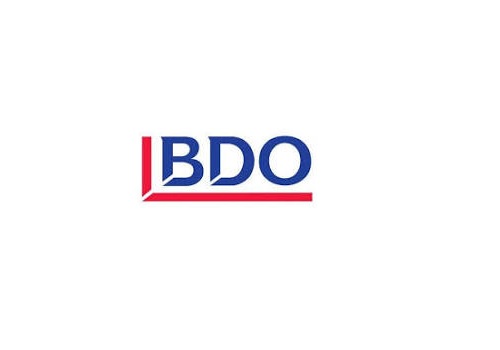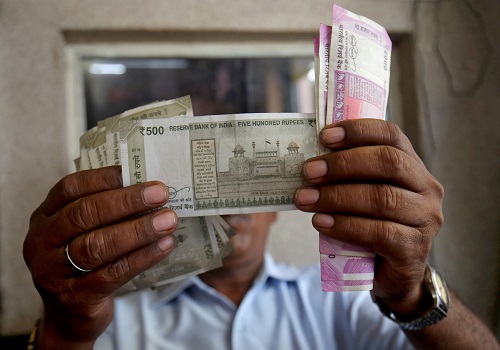WTI Struggles Below $73 Despite Higher Demand, UAE Cuts by Amit Gupta, Kedia Advisory

WTI oil prices continued their decline to around $72.90 per barrel despite rising energy demand driven by colder weather and China's economic stimulus efforts. OPEC's oil production fell in December, largely due to the UAE's supply cuts, which may support prices in the short term. At the same time, the Biden administration is imposing new sanctions to target Russian oil revenues. These factors present a complex environment for oil markets, with supply-side adjustments struggling to match rising global demand. While geopolitical issues continue to weigh on prices, bullish factors such as OPEC's cuts and China's fiscal policies may offer potential support.
Key Highlights
* WTI oil price declines to around $72.90 despite bullish demand factors.
* Higher energy demand driven by cold weather and China’s economic stimulus.
* OPEC oil production fell in December, mainly due to UAE supply cuts.
* Biden administration plans additional sanctions on Russian oil revenues.
* China’s fiscal stimulus is boosting oil demand as it seeks economic recovery.
WTI oil prices have been on a downward trajectory, trading near $72.90 per barrel during the Asian session on Tuesday, marking a second consecutive decline. Despite this, several factors should theoretically support crude oil prices. Colder weather and China's economic stimulus efforts are driving higher energy demand, particularly in the world's largest crude importer. Beijing's plan to enhance its fiscal stimulus, including substantial funding for business investment and consumer spending, is expected to support oil demand in the near term.
Additionally, OPEC’s oil production dropped in December, primarily due to the UAE’s supply cuts. OPEC’s total output fell by 120,000 barrels per day (bpd) to 27.05 million bpd, a sign of the cartel's ongoing efforts to stabilize the market. While Libya and Nigeria saw modest production increases, declines in Iran and Kuwait were more significant. This aligns with OPEC's strategy of limiting output to support prices amid a weak demand outlook and abundant US supplies.
On the geopolitical front, the Biden administration plans to impose additional sanctions targeting Russian oil revenues. These measures will include actions against tankers transporting Russian crude, further complicating the global oil supply chain.
Finally
While WTI oil prices face downward pressure, OPEC's production cuts, alongside rising demand driven by China’s stimulus, could help stabilize prices in the coming months.
Above views are of the author and not of the website kindly read disclaimer










Tag News

Silver Update as 03rd March 2026 by Amit Gupta, Kedia Advisory



More News

Quote on rupee falls again to 90.10 against dollar by Nikunj Saraf, CEO, Choice Wealth









